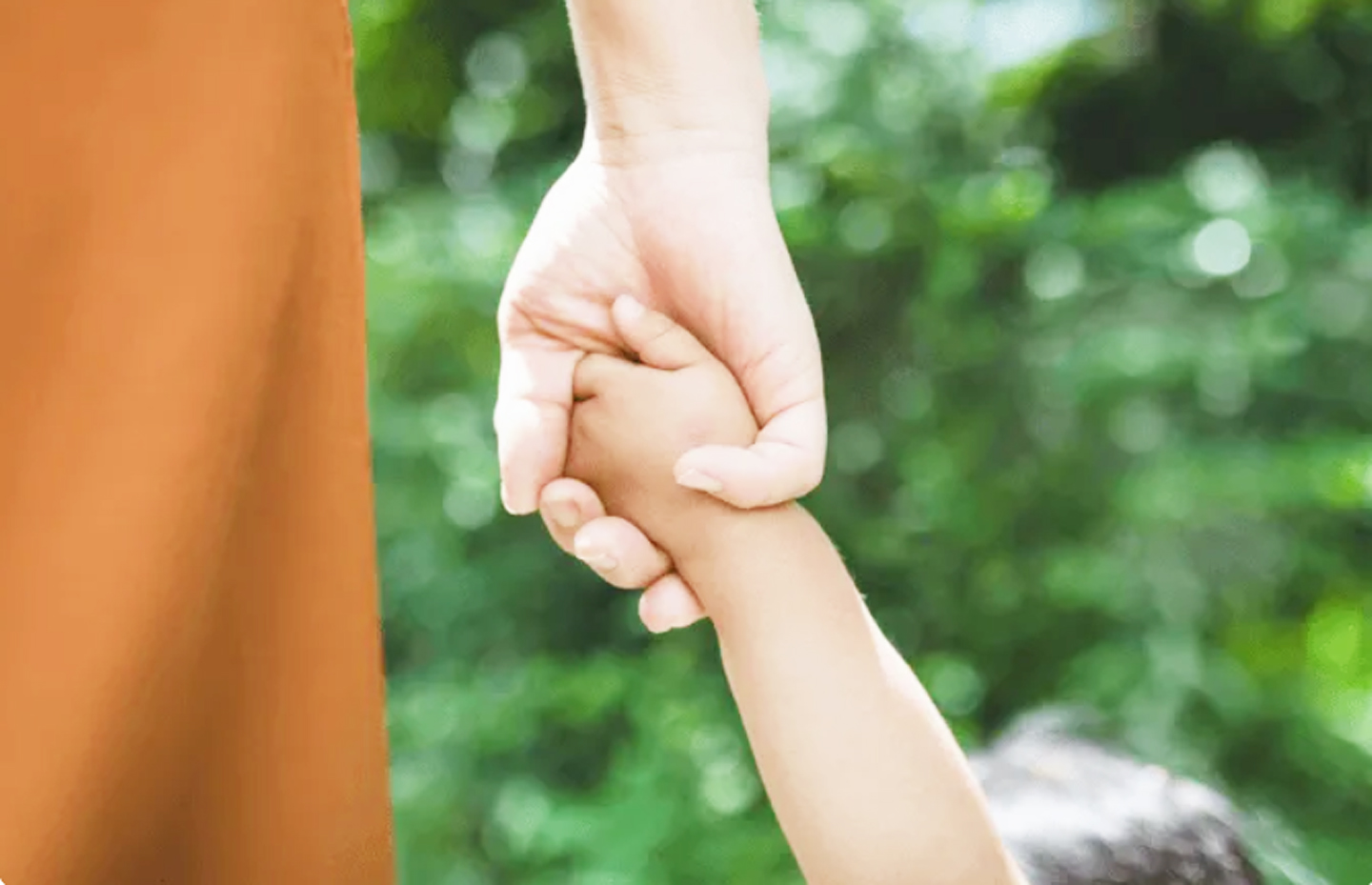20% fall in applications to adopt children in 2020 due to pandemic travel restrictions
Sign up now: Get ST's newsletters delivered to your inbox

The majority of the children adopted in Singapore are born abroad.
PHOTO: MSF
SINGAPORE - The number of applications to adopt a child last year - 363 - was the lowest in the past five years, with pandemic travel restrictions curbing the ability of adoption agents to travel overseas to source babies.
The majority of the children adopted in Singapore are born abroad.
Last year, the Guardian-In-Adoption, who is the director-general of social welfare from the Ministry of Social and Family Development (MSF), processed 363 applications.
The figure was 20 per cent lower than the 453 in 2019.
The Guardian-In-Adoption safeguards an adopted child's interest and conducts the necessary investigations before submitting an affidavit to the Family Justice Courts, which will make the final decision on the application.
An MSF spokesman told The Straits Times that the fall in applications last year was likely due to Covid-19, as travel curbs led to fewer foreign-born children fulfilling residency requirements for adoption.
In the past five years, about 70 per cent of the applications processed by the Guardian-In-Adoption involved foreign children, added the spokesman.
The rest of the children were born in Singapore.
Adoption agents interviewed say the babies given up for adoption are usually from Malaysia or Indonesia.
But border closures mean that these agents have stopped travelling to source babies or take their clients overseas to see these babies.
Ms Alice Kaveree, who runs Lotus Child Adoption Agency, said she has not gone to Malaysia since March last year.
Mr Ronnie Tan, who runs Kid & Tot Adoption Agency, said: "In the past, I used to take my clients to Indonesia... so that they can see the baby for themselves and everybody is happy.
"But with the travel restrictions, I also don't want to take the risk of catching Covid-19 (overseas). So I did not take any clients to Indonesia last year. It's not worth it."
He used to facilitate up to 10 adoptions a year from Indonesia before the pandemic, but the number shrank to zero last year.
Adoption agents say the fees come to about $30,000, including the birth mother's medical bills as well as legal and agency costs.
In the last five years, about 17 per cent of the adoption applications involved children under the age of one.
Few babies born in Singapore are put up for adoption, say agents and social workers. The number of teenage births has also plunged in the past decade.
Last year, 256 babies were born to girls aged 19 and younger - fewer than half the 624 in 2011.
Ms Eulene Toh, head of operations at SteppingStones, said mothers here who place their babies for adoption range from teenagers to those in their 30s.
She added: "They are usually unmarried and cannot afford to support their child financially." They include both Singaporeans and foreigners working here in a variety of jobs.
SteppingStones, a social enterprise which provides adoption services, was set up by charity Lutheran Community Care Services.
Ms Toh said it is difficult to say how long the wait to find a child to adopt will take, given the current situation. It has about 60 prospective adopters on a wait list.
Ms Deirdre Lim, head of Touch Adoption, said: "At the moment, the uncertainties of the pandemic and the closure of borders are the main frustrations and challenges prospective adopters face."
Earlier this year, the MSF conducted a public consultation as part of its review of the Adoption of Children Act, including giving priority to applicants with "strong ties" to Singapore.
The MSF proposes requiring applicants to be habitually resident in the country, and requiring at least one of them to be a Singapore citizen, or both to be permanent residents.
Habitual residence is determined on a case-by-case basis, but generally relates to the country that has become the focus of a person's domestic and professional life, according to the MSF consultation paper.
The proposals come amid a global decline in the number of foreign children available for adoption and is in line with international norms.
The proposals come amid a global decline in the number of foreign children available for adoption and is in line with international norms.
It is still reviewing feedback from the public consultation, which ended in March, the MSF spokesman said.


